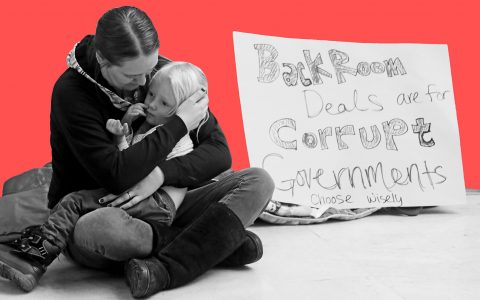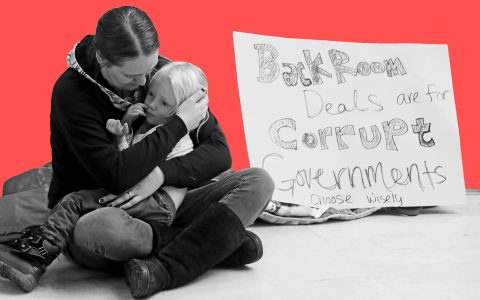SALT LAKE CITY (AP) — People angry about sweeping changes made to a voter-approved law legalizing medical marijuana in Utah called on the state’s highest court Monday to rein in the Legislature’s power to alter measures passed at the ballot box.
The revisions undid much of what the voters wanted and are part of a troubling pattern of state leaders changing other voter-approved laws, said Steven Maxfield with The People’s Right group.
“The Legislature has gone too far,” he said.
Justice Paige Petersen, Utah Supreme Court
Though the justices appeared skeptical about his group’s push to overturn the changes and go back to the original measure known as Proposition 2, they did grill government lawyers about whether lawmakers overstepped.
The conservative Legislature changed another voter-approved measure this year by shrinking Medicaid expansion, a move that also drew protest.
“Is there anything legal voters can do to protect an initiative they have passed from being changed by the Legislature?” said Justice Paige Petersen.
State attorneys argued that while voters can initiate legislation, laws passed by the people are subject to be amended or repealed like any other.
“This is a core legislative power,” said Eric Weeks, who represented lawmakers. Ultimately, if voters don’t like what lawmakers are doing, they could vote them out of office, he said. Advocates said the election process is too slow to be meaningful.
The justices did not indicate when they would rule. The case is unusual because the plaintiffs, who had also unsuccessfully pressed to go back to the voters for a referendum on the changes, represented themselves instead of hiring attorneys.
Two other advocacy groups have also sued over the changes that were part of a compromise agreement involving The Church of Jesus Christ of Latter-day Saints, which had opposed the measure.
The deal banned many marijuana edibles, prevented people from growing their own marijuana if they live far from a dispensary and narrowed the list of eligible medical conditions.
Advocates like The People’s Right argue it created too many hurdles for struggling patients, but others who were part of the negotiation said the compromise was the best way to forestall more drastic changes.















